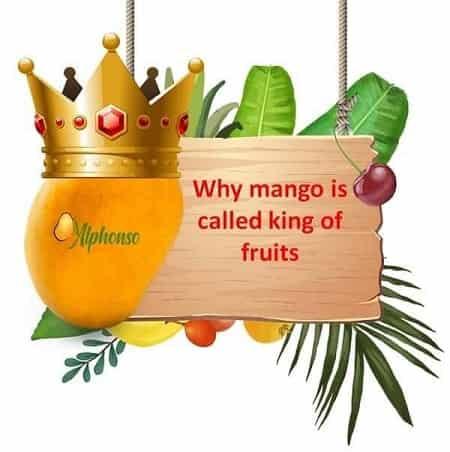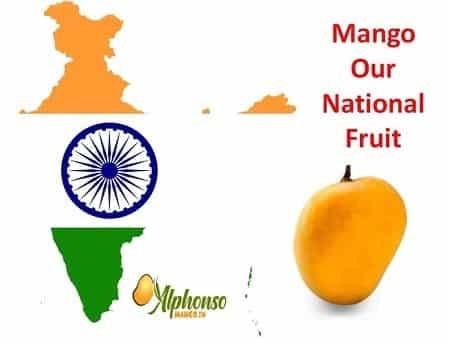
Why mango is called king of fruits
By Prashant Powle
Mangoes are crowned the "King of Fruits" for three key reasons. First, their irresistible sweet-tangy flavour and rich aroma are unmatched. Second, they're nutritional powerhouses, loaded with vitamins, minerals, and...
Read more
